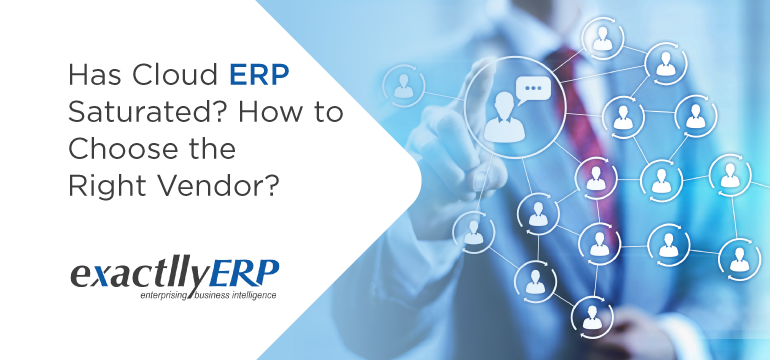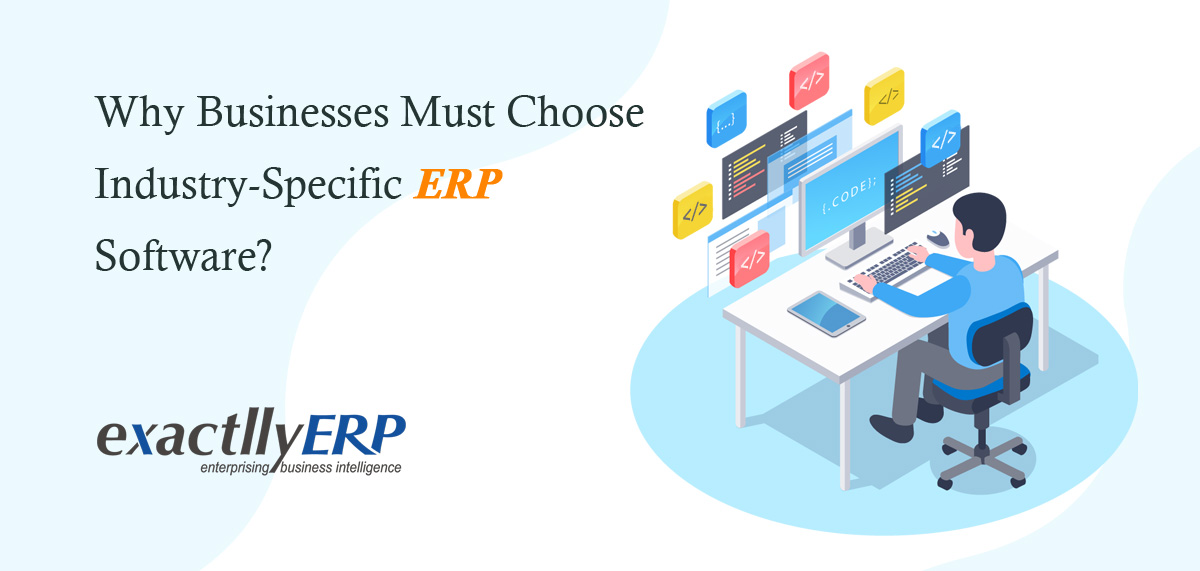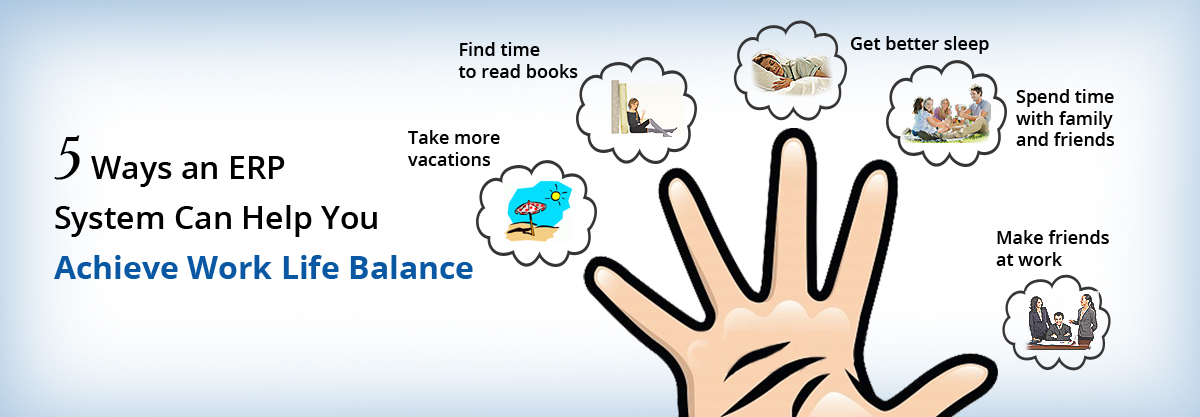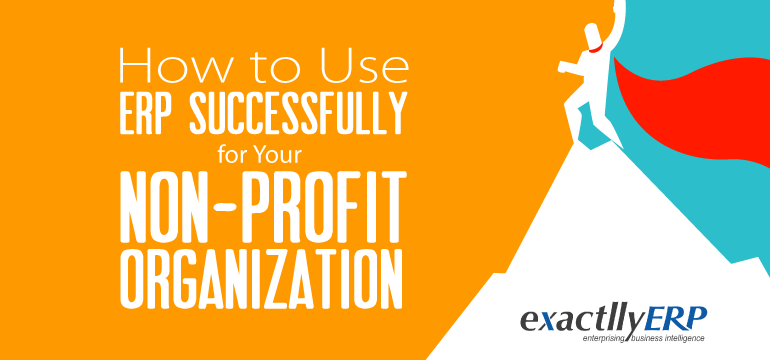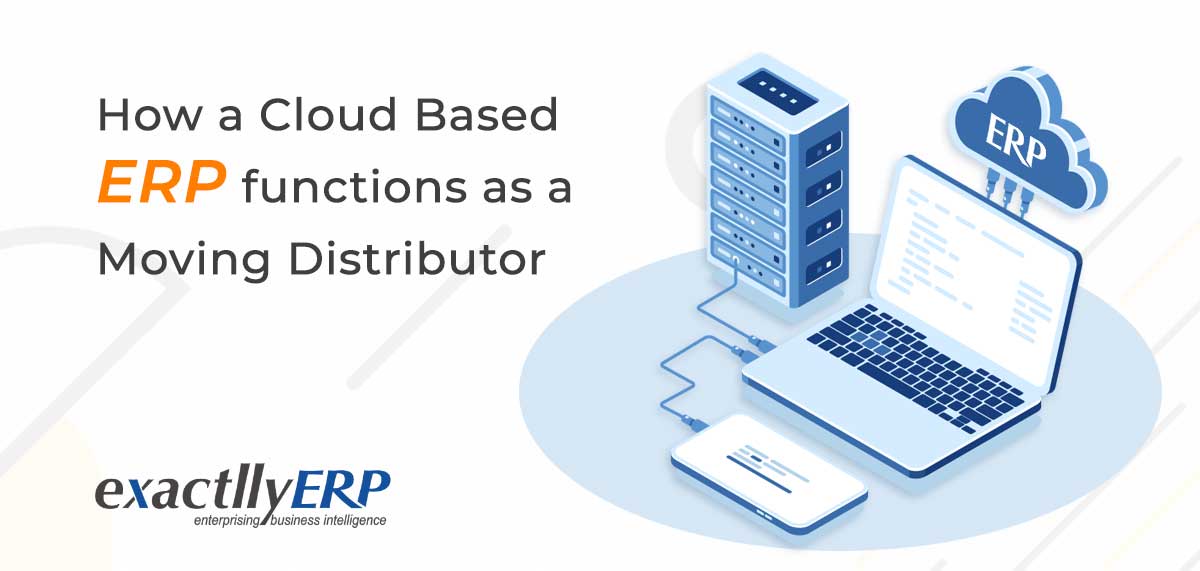12 Ways to proffer more value with ERP Processes
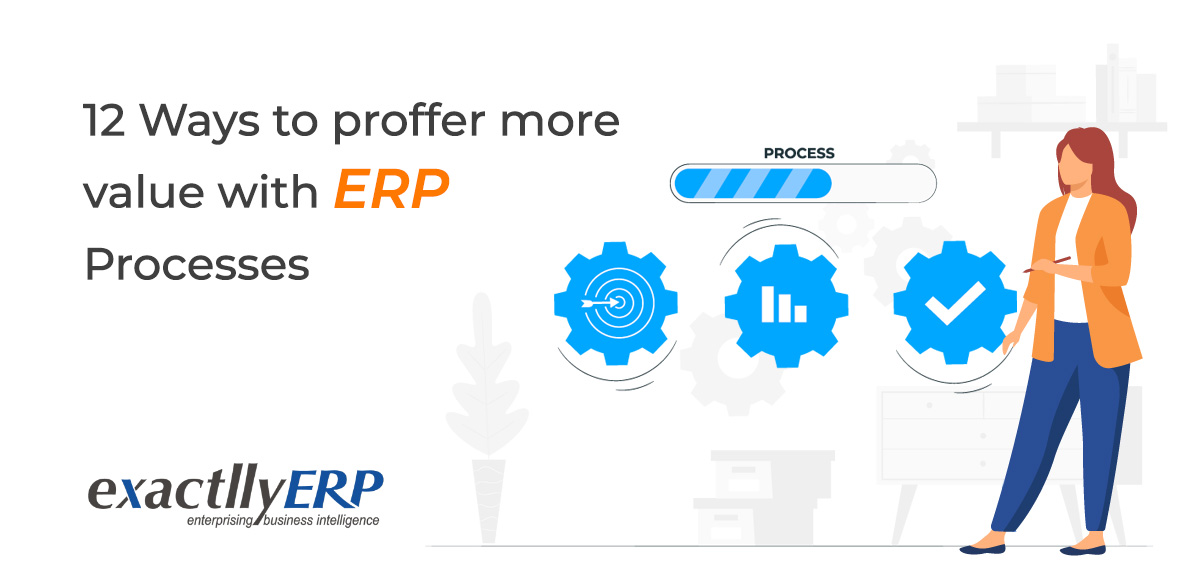
Innovation in the sphere of enterprise software is an ever-growing one. Many organizations realize that the lifecycle of the traditional ERP system will reach its expiry date soon. Indeed, various trepidations exist for substituting a present system, but modern ERP processes can deliver extensive value realization upon proper implementation. The hallmark of ERP solutions is improved efficiency and quality in all the business processes. Correct ERP implementation process can lead to synchronized data, better decision making, and a lot more. To learn how ERP business processes help businesses level up, stay tuned.
Tips to gain more value from ERP Solutions for Simplified ERP Processes:
As a business thinks of taking the plunge into installing new ERP software, it must pause and take a look at the following few points:
-
Realizing the flaw in the present ERP System –
If an organization thinks that its current ERP software is flawed somewhere, it probably has to do something with the results of the processes or people and not the technology. Many times, an ERP system indeed functions, but it does not act for the business. For instance, flawed ERP software might result from a not so well-defined business process that makes it challenging for the workforce to understand the software. It is vital to evaluate the reasons for misalignment between the operational anticipations and technology.
-
Identifying the present enhancements to the existing Business Processes –

Sometimes blemished business systems generate from expendable business processes. In these scenarios, no matter how high-end the ERP solutions are, nothing can fix the issue. It will simply be covering up the root cause. Significantly when an organization is advancing for a new ERP implementation process from vendors like Exactlly, they are recommended first to identify the potential business procedures that can improve. Employees also benefit from this as they can find time to cope with the new system alongside amplifying the prospective business benefits.
-
Evaluating the challenges of prospective Organizational Change Management –
Many ERP processes prove to be inconsistent, and the reason behind it is the workforce itself. Either upon intent or not, sometimes the crew can be apprehensive about change. But if we speak of ERP business processes, installing new ERP software can never solve this problem. On the other hand, employee resistance is something that is challenging to recognize and address. However, it is a must for organizations to enhance operational effectiveness and efficiency. It is best to generate an organizational change management scheme for managing all the issues.
-
Assessing numerous alternatives objectively –
As a business successfully considers all the probable reasons for the challenges, the next step is considering all the other options. For instance, organizations can assess the scenarios incorporating the prospective new ERP implementation process, while another option includes entailing simple enhancements to the current environment. Here it is vital to determine the benefits, resource requisites, costs, time commitments, risks associated, and many more. When an objective evaluation of the various alternatives is made, organizations will be able to make informed decisions and robust strategic plans for advancing.
-
Enlisting the assistance of an independent and technology-agnostic ERP Consultant –
The steps that we have mentioned above sound too promising, but can an organization accomplish these without the correct objectivity and competency? Probably not, that makes the services from a sound ERP system vendor indispensable. These professionals will offer organizations an objective view of all the challenges, best action plans, and potential scenarios for advancing.
-
Not every ERP Solution is the same –
In the market, an organization to increase sales order might want to install new ERP software. But they must understand that the market has ERP solutions that have been here for decades and recently developed software. Value is different for each product, and it mainly depends upon price. While few organizations will compromise with the ease of use, others comprise focusing on one solution at the expense of the other. But the best ERP software is the one that addresses all the requisites of an organization seamlessly. But still, the search for the perfect fit is challenging. It is best to contact the best ERP consultants to discover the final product.
-
Sidelining the Bureaucracy –
No matter how efficient the ERP selection process and ERP business process is, bureaucracy will always slow it down. To experience success with the functions after installing ERP in the construction industry and ERP in the retail industry, organizations must let the ERP integrators operate as and when needed. As the correct consultants get involved right from inception, organizations can avert blockers to crucial processes at implementation. ERP consultants can help in preventing bottlenecks in the processes.
-
Opportunity for redefining the Business Processes –
Before beginning the new ERP implementation process, a sound ERP consultant will always review the ERP business process of an organization. This is the most crucial time for an organization to reassess the way operations are conducted. Some organizations might want to imitate the conventional methods of performing tasks on new ERP software. Still, the new ERP solutions enable the teams to utilize all the tools at their end efficiently.
-
Training –

Just like onboarding, the team and employee training must be at par for the organization to benefit from the new ERP implementation process. Every member of a team must learn about the ERP solutions inside out for using the platform correctly. A high-quality ERP vendor will always impart correct training to the teams and offer the right tools.
-
Establishing Order –
For the external resources and the in-house teams, every person within an organization must understand the responsibilities and duties during the process of ERP implementation. For all ERP projects, ERP consultants are the professional who will help in walking the team via the process. The experts will also advise on the best way of delegating the workload at the time of implementation.
-
Focusing on Clean Data –
Old, imperfect, and incomplete customer data must not follow an organization while stepping into the modern business era. There is no place for shoddy work if an organization truly wants to deliver more value from its new ERP process. Making sure that the data and recording practices are clean is crucial from the very beginning. Record keeping must take place at its best after installing new ERP software.
-
Cutting off ties is not recommended after going live –
As an organization starts to utilize its new ERP software after the installation, there are chances to face challenges in the way. This is the space where an organization gets an opportunity to prove the team’s training and reevaluate the business processes that undergo scrutiny. It is always recommended to associate with the reputed ERP vendors as they will proffer support and managed services that will go beyond the new ERP implementation process. Organizations can aim for more expansion with the successful ERP software implementation.
Final take on ERP Business Processes:
Now we know the various reasons for which inefficient ERP processes occur. Still, we also know the different tips that can help organizations get hands-on a successful ERP implementation process. The sound ERP solutions from exactllyERP help organizations to bring in organic growth. It is vital to arrange KPIs and gauge the ERP advantages for guaranteeing that the ERP business processes will deliver a good ROI for the organization. The best ERP consultants can assist organizations in generating a business case, measuring the benefits realization, aligning the organization’s anticipated benefits and a lot more. Contact Us or watch the Free Demo understand the ERP software products.
FAQ:
(1) How does ERP create value in Business Processes?ERP creates value in business processes by managing customer relations seamlessly. When customers and organizations come together, the creation of value takes place. (2) What is the value of an ERP System?Data, business processes and information are supported in a single system with an ERP software where organizations can find value. ERP enables information sharing in an efficient manner. (3) How can ERP be improved?Keeping all the things updated, revamping the training schedule, planning the ERP process documentation are some ways of enhancing ERP. (4) How does ERP increase efficiency?ERP can augment productivity and efficiency by assisting users in navigating complicated processes and by enhancing functions like delivery, production and order completion. (5) What are the benefits of ERP for your company?The benefits of ERP for your company are forecasting, flexibility, mobility, integrated information, scalability, efficiency, cost elimination, competition and a lot more. (6) What are the steps in ERP?The steps in ERP are identifying the challenges, defining scope, evaluating various options, data migration, checking infrastructure, customization, change management, knowledge transfer, project management and going live. (7) What does processing ERP mean?Processing in ERP refers to the running of all core processes seamlessly such as manufacturing, procurement, finance, HR, supply chain, etc. (8) Which is the first step for the ERP Process?The first step for the ERP process is defining the objectives and scopes. Understanding the particular business needs is important for a successful implementation. (9) How do companies use ERP Systems?One example is when companies are keeping track of all legal regulations through the ERP system for updating workflow accordingly. (10) What are the general four phases of ERP Implementation?Planning, executing, tracking and measuring all the general four phases of ERP implementation that an organization must follow for a successful implementation (11) Which is one of the most critical steps in ERP Implementation?Identifying the right set of people is one of the most critical steps in the ERP implementation as it is the vision of the managers, the workforce and the executives that will bring a difference in the result of the implementation. (12) What are the functional modules of ERP?Some of the functional modules of ERP are the ERP HR module, ERP inventory control module, ERP production planning module, ERP market module and a lot more. (13) What are the three major reasons to undertake ERP?Integrating customer order details, reducing inventory, integrating financial information and speeding up the manufacturing processes are the three main reasons to undertake ERP. (14) What are the main departments in an ERP System?Operations, IT management and finance are the main departments that the ERP system needs to streamline for the betterment and growth of the organization. |

